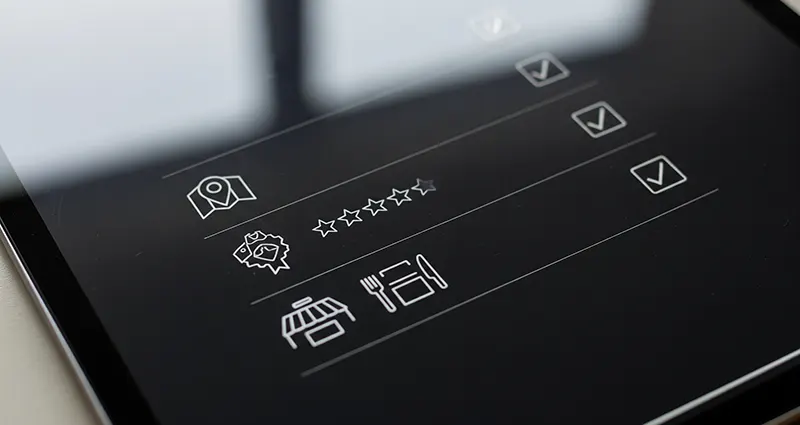How to Use AI for Automated Bug Detection and Code Testing
In the rapidly evolving world of software development, ensuring code quality and reliability is paramount. Traditional methods of bug detection and testing can be time-consuming and error-prone. Leveraging Artificial Intelligence (AI) can revolutionize this process by automating bug detection and code testing, improving both efficiency and accuracy. This article explores **how to use AI for automated bug detection and code testing** effectively.
Understanding AI in Bug Detection and Code Testing
AI uses machine learning algorithms, natural language processing, and pattern recognition to analyze codebases and detect anomalies, bugs, and vulnerabilities. Automated testing frameworks enhanced with AI can generate test cases, prioritize them, and even predict high-risk areas in code, minimizing human intervention.
Benefits of Using AI in Bug Detection and Testing
- Increased Speed: AI tools can analyze vast codebases swiftly, identifying bugs faster than manual reviews.
- Improved Accuracy: Machine learning models learn from past bugs to detect subtle issues that









